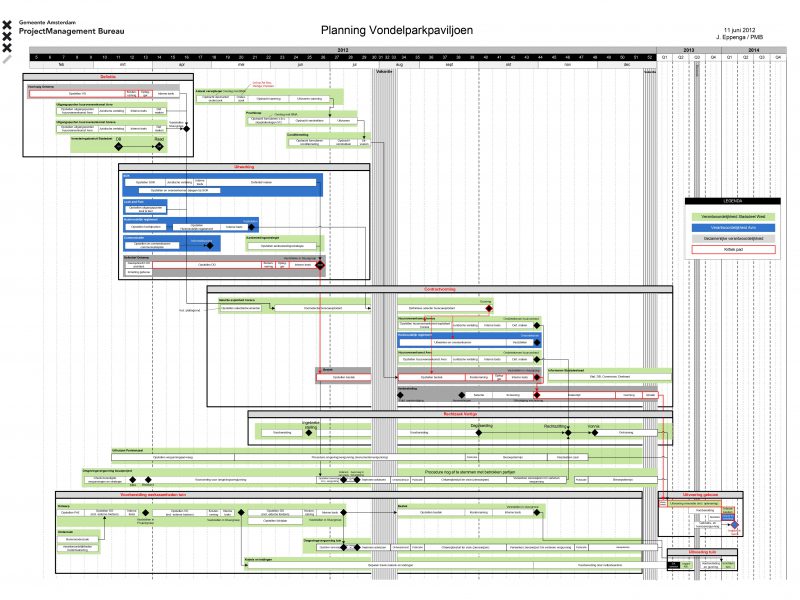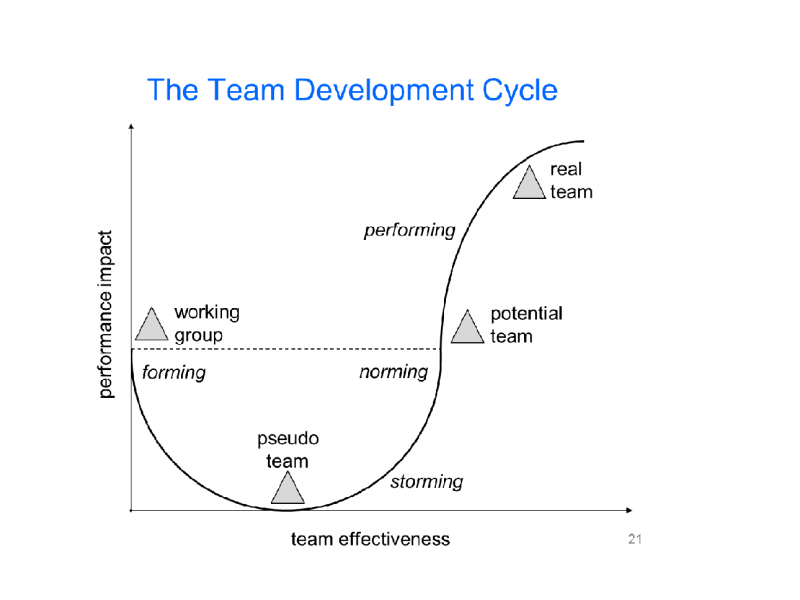On Monday 6 October the DCM lecture was about a lawsuit between the city of Amsterdam and a contractor about delay and change orders. Benno den Teuling, form Six legal Amsterdam explained the legal part of the case.
The discussion with students was interesting because they came up with challenging questions. One of them was: ?What could you do better in hindsight??
The most important things we could have done better are:
– Make a better set of building specifications and check them preferably by an outsider. There are always omissions in specifications, it is part of reality, and you have to deal with that. It is impossible to oversee everything, especially when dealing with a refit of an old building.
– When dealing with a renovation always make a good and thorough inventory of the quality of the building and write down the consequences in the building specifications. The contractor can take that into account for his plan and offer.
– Check all the measurements of the old building to ensure that the design of the refit, with all its technical installations, really fits. Do not trust on the revision drawings handed over by the client, because they hardly ever are fully correct.
Benno and I discussed the most important lessons learned from the case on the way home. These are some lessons learned – from our point of view – if it comes to change orders and delay.
The general lesson is, when problems occur during construction time, you can act in two ways simultaneously: strict on the contract and soft on relationship. Keep the discussion and communication with the contractor open to solve problems, but always in the spirit of your contract. Do not take over reasonability because you could forfeit your rights, and if you do, make clear why you do it and always hold your rights.
Concerning additional work and change orders
1. If you describe a strict procedure, e.g. concerning additional work in the building specifications, it only makes sense if you hold yourself to it, in order to not forfeit your rights.
2. If the contractor does not hold to the procedures always, explain it in written form and hold him liable.
3. If you deviate from the contract, for instance, by approving additional work orally, express that (afterwards) in written form and state that this exception does not mean the basics of the contract will change and that you will hold on to your rights as stated in the contract.
4. See that your team of advisors, working on the building site, act accordingly. This sounds simple but all partners have their own experience and habits, and they are not always in line with the contract or the interest of the client. The manager is the one to explain that.
Concerning delay
1. Be realistic in about the construction time before starting a tender. This is not always easy because the client maybe wants the work finished as soon as possible. (Remember Optimism Bias and Strategic Misrepresentation).
2. Be aware that the contractor is the one to prove that delay is caused by the client. Like explained during lecture that is a difficult job.
3. Confront the contractor, always if he acts different than stated in the contract. The best is to do that in written form. This is also something you have to discuss with your team.
GOOD LUCK!!






